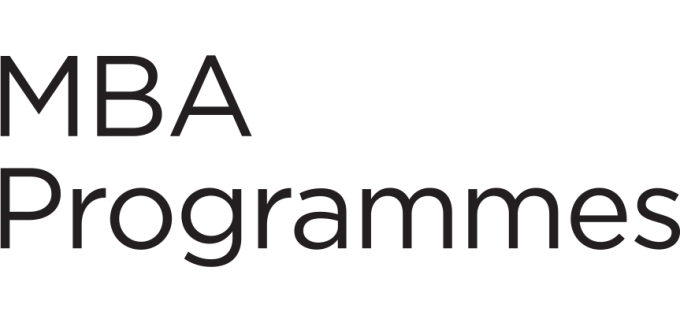Media Interview
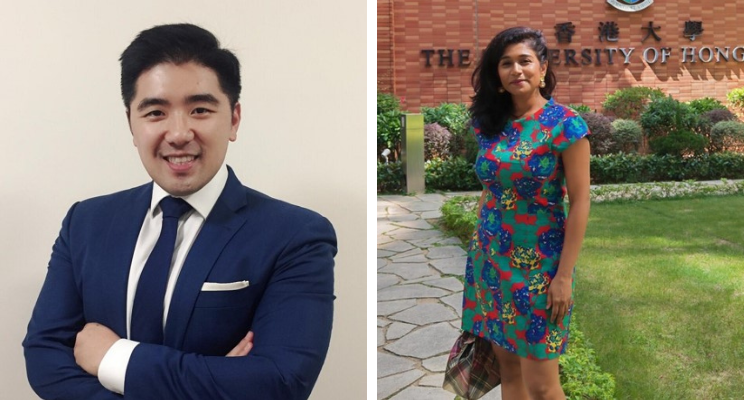
The balancing act of excelling at work while keeping up with the demands of personal life is a predicament facing modern-day professionals. But what happens if you throw studying into the mix?
For Bhavya Siddappa, pursuing a part-time MBA programme at the prestigious University of Hong Kong (HKU) Business School while working as a corporate manager is the work-study balance that keeps her “so alive.”
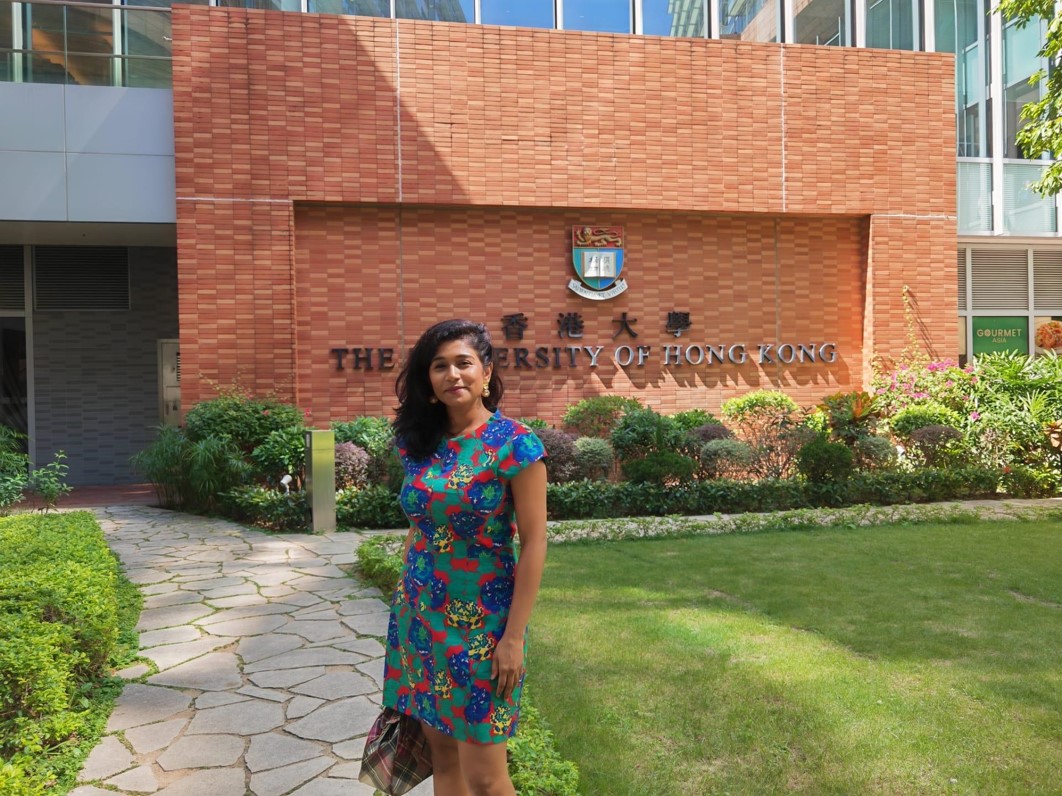
On weekdays, Bhavya oversees the global PR and corporate communications team at Honor Device Co. Ltd, leading the smartphone brand’s media relations in the United Kingdom, Europe, Latin America, Middle East, and the Asia-Pacific. On weekends, she joins the HKU Business School cohort as a part-time MBA student, attending the 9-6 class on Saturdays and wrapping it up with readings and assignments on Sundays. She is set to graduate from the programme in three months.
“The flexibility that you could pick a weekend or weekday course made it more exciting. [Because] it’s a two-year program, you don’t have to rush everything,” Bhavya told The Beat Asia.

The systems engineer turned PR executive relocated to Hong Kong about five years ago, following an exciting career in India as a woman in tech that found her experimenting with roles in R&D, business development, marketing, and now, PR. She attributes her MBA pursuit at HKU to the university’s diverse curriculum, which “gives you an outlook on everything that you never thought you would be excited about.”
While the programme’s core subjects allowed her to focus on fundamentals about management and leadership, HKU’s elective courses such as Blockchain, ESG, and Negotiation fulfilled her desire for a holistic programme.
With a part-time MBA programme, students are exposed to other working professionals representing a range of industry sectors, creating a more diverse and inclusive learning environment. HKU offers weekday and weekend modes for its core courses given on a modular basis, with each module lasting about five weeks.
WeWork Head of Account Sales for the Pacific and HKU Business School alumnus Derek Hung said obtaining an MBA degree was motivated by his curiosity and a desire to develop a leadership mindset, but it had to fit-in with full-time employment and family commitments.
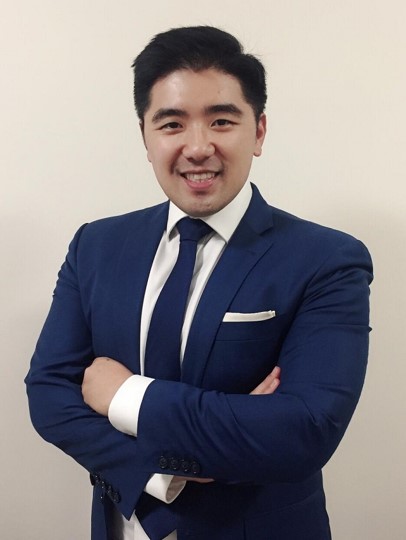
“I wanted to be in a physical and practical learning environment and learn from like-minded classmates and peers from different industries and experts. My primary objective was to update myself – be it in accounting and finance, coding, or supply chain management – to develop a common language with others,” said Derek, who graduated from HKU Business School’s part-time MBA study in 2022.
“Being present diversified my network and I’ve built industry relationships and global friendships.”
Derek began his career in financial services, before venturing into the world of corporate real estate. He is head of accounts at WeWork and leads teams across Korea, Southeast Asia, and Australia, servicing the real-estate needs of high-growth companies, Fortune 500 companies, and large multinational enterprises.
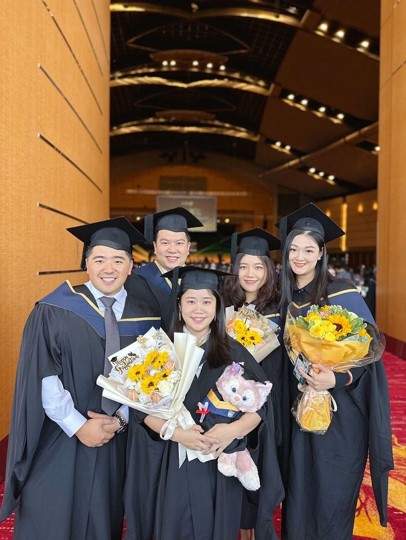
Tracking the impact of his MBA degree on his career’s trajectory, Derek said the programme refreshed and diversified his skills through modules, from finance and business ethics, and gave him real insights from experienced CEOs, founders, and executives.
“It challenged my so-called experience, and I’ve adopted many points of view, concepts, and technical learnings to improve my communication style. Knowing how empathy and compassion affect your messaging and are interpreted by different people, I learnt it in my interpersonal dynamics course and not a textbook.”
“Doing an MBA has given me not only academics, but also commonality when speaking to different businesses and people,” he added.
On Establishing Goals and Being Flexible
Learning, career advancement, and expanding network are default goals in pursuing an MBA and both Bhavya and Derek agree it is important to outline your objectives before embarking on the programme.
“You have to ask yourself what you really want to gain out of MBA. Some people want an MBA for the sake of it, so they can get the next promotion. Or some people want to build their network. You have to go back and ask [yourself], what does this MBA mean to [you], because it’s an investment at the end of the day, of time and money,” Bhavya said.
But while goal setting is key, Bhavya said students also need to embrace the possibility that their plans—and outlook—might change along the way.
“So many of my friends had a certain goal when they got into MBA school, and suddenly now they’re like, ‘I wanted to achieve this from my MBA, but meeting my peers or cohort, or doing this academic, my outlook has changed.’”
“So sometimes be flexible, that an MBA can actually open your mind to a different level.”
Reflecting on her career aspirations in the middle of the pandemic, Bhavya said taking on the MBA path was a move ignited not only by professional advancement, but also by her desire to do more for global representation as a woman of colour.
“What more can I do in this space? Because I think I see very few representations of people like me in global roles. I strongly believe having an MBA degree from HKU, which supports my aspirations, will help me elevate my career, look beyond what I am trying to achieve at this stage, and pave the patch for many women of color like me to push our limits and shine.”


